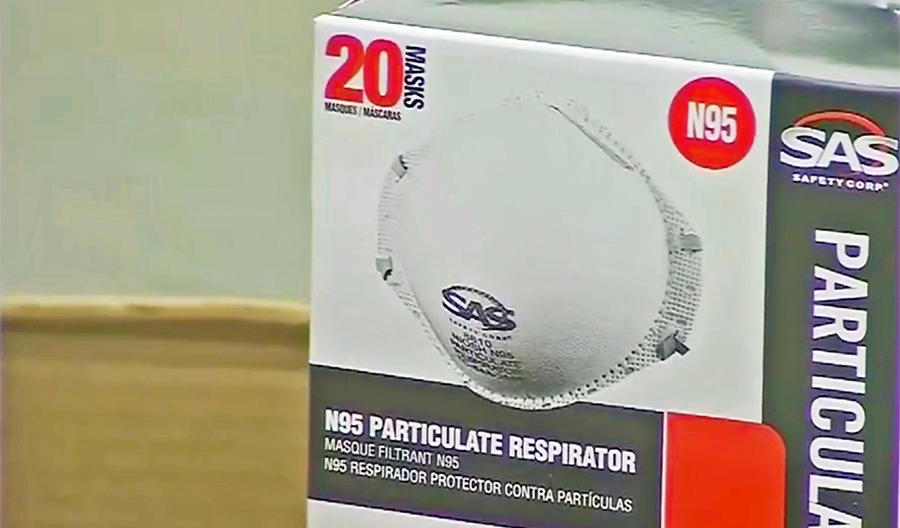Eddie Bauer is shifting portions of its production capacity to make N95 and surgical masks to help meet the demand for personal protective equipment caused by the COVID-19 pandemic. Eddie Bauer will donate masks to the State of Washington through the Department of Enterprise Services as early as next week. Some of the brand’s vendor partners have also donated masks to aid in the U.S. effort to fight the virus. N95 and surgical masks are essential for healthcare workers who now face shortages of masks and other crucial medical supplies.
“With our production capabilities and supply-chain resources, Eddie Bauer is working with our vendors to shift apparel production to make the masks our healthcare workers so urgently need,” said Damien Huang, Eddie Bauer President. “Our neighbors here in Washington state and the greater Seattle area have been seriously impacted by COVID-19. We’ve been a part of this community for 100 years, and we take our responsibility to our community seriously. While as a retailer we have been hit hard by the circumstances, we will do what we can to support healthcare workers and facilities in our own backyard.”
The first shipment of 5,000 N95 masks will arrive at Eddie Bauer’s distribution center later this week, followed by an additional shipment of 15,000 masks arriving in early-April. The Department of Enterprise Services will distribute the masks to the counties and facilities with the greatest need, based on the guidelines provided by the Washington State Department of Health. Washington state is currently experiencing one of the most severe outbreaks in the country, generating shortages of masks and other personal protective equipment. Eddie Bauer is encouraging other companies, who are able to do so, to also join the cause.
“We are inspired by people across the country making sacrifices small and large to help their neighbors and we hope to encourage others in the outdoor industry to take similar steps,” said Huang. “Our industry faces enormous challenges ahead, but none as consequential as the health of our communities.”















